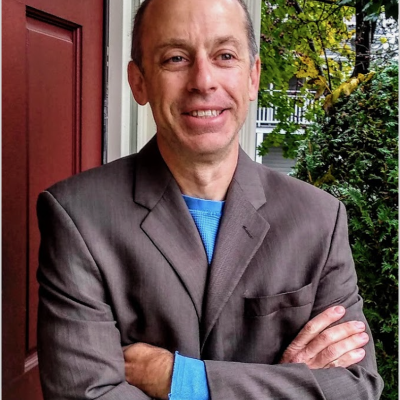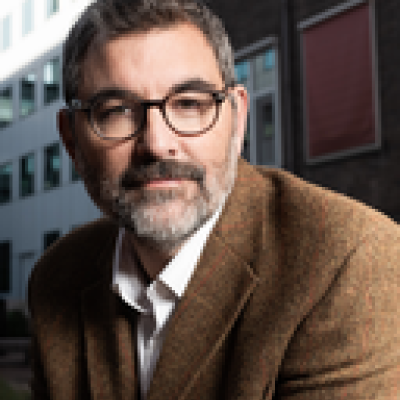Editor’s note: This is the third post in a five-part series about how to effectively scale-up high-dosage tutoring. Read parts one, two, four, and five.
Cells change. When you make a vaccine, you have to account for that.
Derek Lowe writes about how the cell changes make vaccine-making hard:
That ribosomal complex is surrounded by other proteins whose job is to constantly look for trouble and try to correct it....
How about transcription? You might have a model of a few ovals and circles (the RNA polymerase complex) smoothly ratcheting along a strand of DNA. But in reality, many of those complexes take off in the wrong direction and stall. And they will ratchet backwards on purpose if a base polymerization error is detected, although that process sometimes stalls out, too. This “backtracking” has a whole suite of correction mechanisms on top of it.
Schools change, too. New schedules. New leadership. New priorities. New internal politics.
All of these can send a high-dosage tutoring program spinning. These challenges need to be straightened out, constantly, or students and tutors get frustrated. School changes pile up on top of each individual tutorial change.
Most education programs, including tutoring, try to create a recipe, or a list of best practices. To scale, they declare that the recipe “works." The assumption is that the school will more or less stay the same, so you can hold to the recipe. That assumption is often wrong.
But that’s not the approach of the best tutoring programs. Successful leaders know that schools will change and things will jam up. It’s inevitable. So they hire unusual managers. Not people who follow a recipe, but people who solve problems. People who hope to preserve the recipe but expect to adapt.
These unusual managers obsessively look for problems caused by school changes, fiercely try to fix them, and humbly realize that often their first and second and third “fix attempts” might not work. They persist until they get the right result. Here we see the link connecting the organizational culture of the service provider to what the students experience in the tutoring session.
Typical managers in education aren’t like this. They don’t obsessively seek to find problems. In fact, they fear finding problems. From above, the Big Shots insist they have the right model, blinded with confirmation bias, seeking only comforting data. Managers learn to hide reality. When problems eventually spill in the open, it triggers a fight-or-flight mechanism more geared to fighting the people describing the problems (often tutors), or a flight mechanism where they create a new policy that nominally solves the problem, declare victory, and move on to the next thing.
Leadership is the desire, aggression, humility, and persistence to identify and actually fix problems—which, in schools, never, ever stop coming. Just like with cells. Winning vaccines anticipate cell changes.





